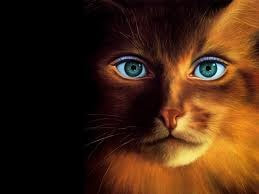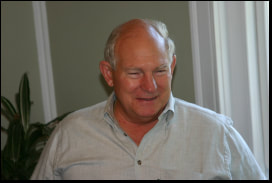 ALISON CLOONAN has crossed America more times than she can remember, once with two kids and pulling a U-Haul trailer, and often takes day trips as a way to temporarily satisfy her wanderlust. Having spent her life trying to find her purpose, she finally decided to give up and began writing about the pursuit instead. Now, the voice deep within her being is making its own journey into her fingers, and out to the world. Up to this point she has raised children, spoiled grandchildren, counseled troubled teens, worked in corporations, banks, hotel management, the printing business, and as a trained psychiatric counselor at the world's largest prison hospital for the criminally insane. DARK POETRY I’ve read my poems And they are dark. But that is just Because I do Not write of the Light I find on The other side. COURAGE See! Oh, you rage! The force, the power of any age Can be made, changed, or destroyed By the use of this mighty emotion. # Let the rage be pure in itself Without bitterness, vengeance, or pity. As the rage burns white hot It refines all those things it is not. # Burning against passions and ego, Rage burns through to the heart, to the core. It is there, in the soul, with the burned away Bitterness, pity, and self That the rage becomes C-O-U-rage. THANKFUL FOR YOUI am thankful for you.
In the dichotomy of love You show me my weaknesses, And through those sundry weaknesses You have revealed my own deep strength. # Although I am sad to know that I still get so angry and hurt, I am encouraged to know that Against such deliberate and Inconsiderate boorishness, Although I fall, I still rise up. # To know that others have let you Get to your advanced age without Using their stone to grind down your Rough edges is regrettable. Being a diamond in the rough Is a diamond still, but they’re not, In the crowns of royalty, used. # There is but one stone strong enough, And able, to bring a diamond To full illuminosity. It is only with another Diamond, one so pure and so true, That edges are broken and smoothed. # Thank you for your rough condition, Which polished my own simple gem. It had, for so long, lacked luster.
0 Comments
 Mehi Loveski (Oleg G. Mikhailovsky) is a bi-lingual author from Russia. His essays and short stories have appeared in several online and print venues both in the USA and Russia, including Essaysandfictions, Dove Tales, FictionMagazines and The New Youth Magazine (Moscow). He lives in Yekaterinburg with his wife, son and a dog. Oleg |
Categories
All
|








 RSS Feed
RSS Feed